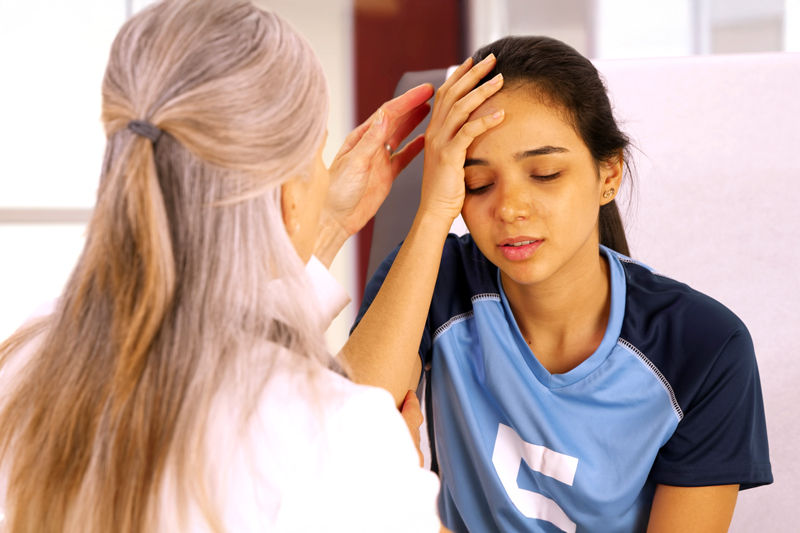First Aid for Drug Overdoses
- jude72
- Feb 14, 2022
- 3 min read

Drug overdoses are much more common than most people think. And while illegal drug overdoses make all the headlines, many people accidentally or deliberately overdose on prescription drugs too.
In 2016, more than 1800 people died from illegal and legal drug overdoses in Australia.
The biggest issue with overdoses of illegal drugs among young people is the panic among the victim’s friends as they all don’t want to get caught being involved in an illegal activity.
So, the first thing to know about drug overdoses is when it’s a matter of life or death, First Aiders, doctors, Ambos and even the Police, essentially don’t care about the illegality of the matter. Everyone is, and should be, focussed on saving the victim’s life.
The top drugs that cause overdoses in Australia include Opioids like Heroin & Morphine, alcohol, anti-depressants and anti-psychotics. An overdose can happen when a person takes too much of a prescription drug or takes, sometimes, any amount of an illegal drug. (A single shot of heroin can kill some people virtually instantly.) The worst risk is when people take illegal drugs on top of their prescription medication, mix illegal drugs together or mix alcohol and drugs.
Overdoses happen when you take more of a drug (or mix of drugs) than your body can handle. It then starts over-reacting to the effects the drug or drugs are having and that can shut down vital body functions or cause entire organs to fail.
Remember, a small amount of a drug like a stimulant, will often relax your body. A larger dose excites your body. Either sensation can be pleasurable in the short-term. The challenge is that if you keep taking more of it, you don’t get more of the same pleasurable sensations – you get death!
Initial symptoms of a drug overdose can include nausea, vomiting and/or diarrhoea, as well as drowsiness, dizziness and confusion. More serious symptoms include seizures, difficulty breathing, irregular heartbeat, deep unconsciousness, gurgling and turning blue.
The first action for a suspected drug overdose is CALL 000, no matter what!
Next check the person’s airways to see if they have vomit blocking their throat.
Stay with them to keep them calm and reassure them help is coming.
Seek to find out, if you can, what the person believes they took or what their drug/medical history is. This can be critical if they pass out later.
If possible, keep a sample of whatever you suspect they took, the container it was in or even (grossly) a sample of their vomit. (The hospital may need it to confirm the substance causing their problems.)
If they have NOT vomited do not try to make them vomit, even if you think getting the substance out of their stomach will help.
Do not give them ANYTHING to eat or drink, even if they are overheating. It’s preferably to loosen or remove clothing or fan them.
Do not let them run away, stay with them until help arrives.
Ambulances and hospitals have a number of treatments they can instantly apply to a person to counteract whatever drug the person might have taken. Having confirmation of what they took can help speed up the application of this remedy, hence the importance of keeping samples of the drugs, containers or vomit.
Of course, if the person goes into cardiac arrest or has a heart attack, applying standard First Aid techniques of CPR and defibrillator is the correct action.
Getting the person to a hospital quickly is vital, so your job as a First Aider is mostly to take care of them. The medical staff can apply many solutions to reverse the effects of the drug and prevent organ damage, etc.
Of course the best way to prevent drug overdoses is not the take drugs in the first place. That’s why Results First Aid is proud to announce we are now sponsors of the Drug Free Ambassadors Program in Australia. This group of dedicated volunteers distribute information on the harmful effects of drugs throughout schools and the community and give free talks and lectures about the dangers of drugs throughout the country. The information they provide is factual and relevant and helps kids to make informed choices not to take harmful drugs.
The website for the Drug Free Ambassadors is https://drugfreeworld.org.au








Comments